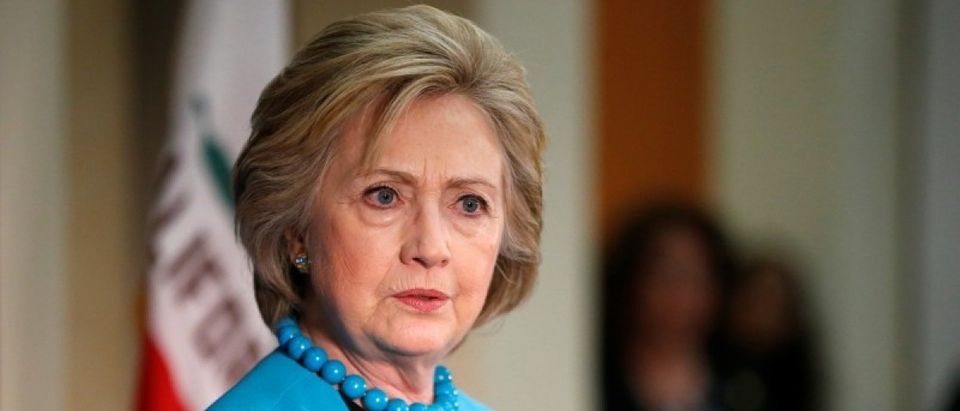The watchdog group Judicial Watch filed a request in federal court on Monday asking for permission to interview Hillary Clinton as part of the discovery process for one of its Freedom of Information Act lawsuits.
The conservative group is seeking records pertaining to talking points crafted by the Obama administration following the Sept. 11, 2012 attacks in Benghazi.
If District Court Judge Royce Lamberth approves the plan, Judicial Watch will be able to ask Clinton about searches conducted in her office for emails related to the Benghazi attack and its aftermath. The watchdog also hopes to quiz her about searches for records for the Accountability Review Board, which Clinton helped put together in order to review the State Department’s response to the attacks, which left four Americans dead.
Judicial Watch also wants to ask Clinton about how her agency conducted searches for records in response to congressional inquiries and FOIA requests. The interview would also touch on her personal email account.
The request comes just weeks after another federal judge handling a Judicial Watch lawsuit, Emmet Sullivan, granted the watchdog’s request to conduct limited interviews of several current and former State Department officials regarding the creation of Clinton’s private email system, which utilized a private server.
Judicial Watch also proposed on Monday to interview Clinton’s former chief of staff Cheryl Mills and her top foreign policy adviser, Jake Sullivan. Two other personal assistants, Lauren Jiloty and Monica Hanley, are also on the list of proposed witnesses. As is Clarence Finney, a State Department records management official.
It remains to be seen if Lamberth will approve the proposal, though he has expressed frustration with Clinton and the State Department throughout the case. In March he issued a ruling stating that “where there is evidence of government wrong-doing and bad faith, as here, limited discovery is appropriate, even though it is exceedingly rare in FOIA cases.”












